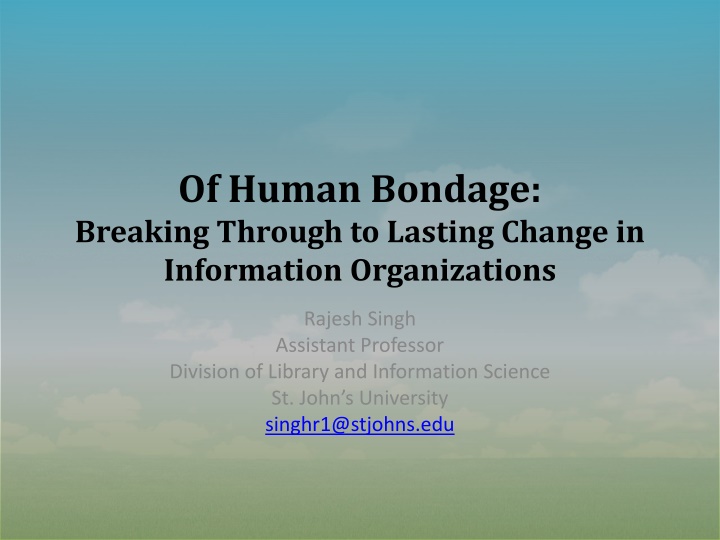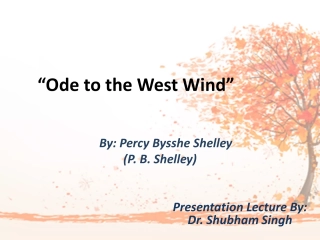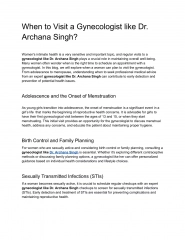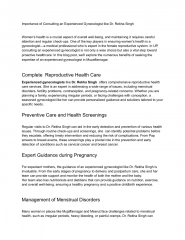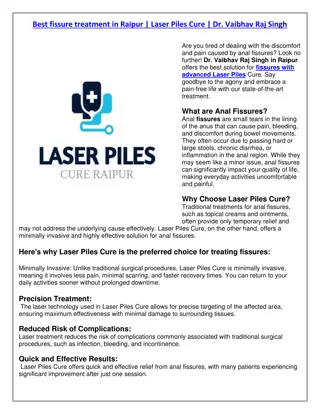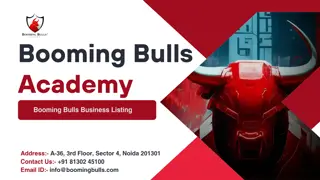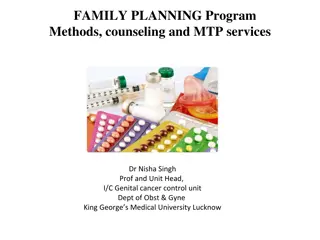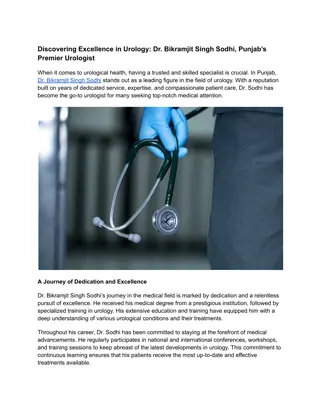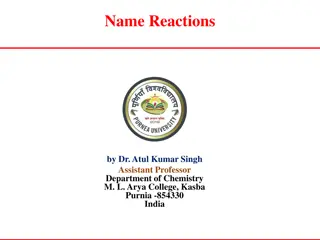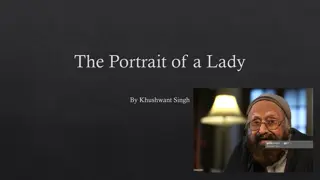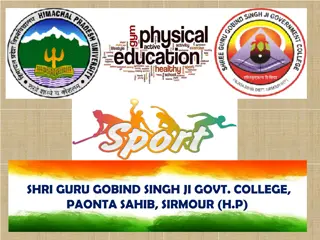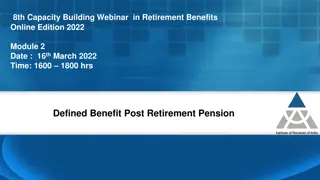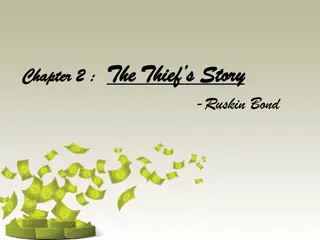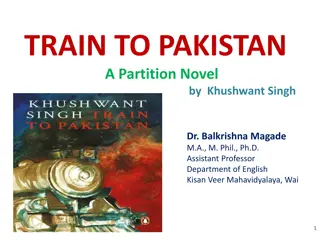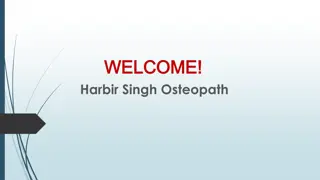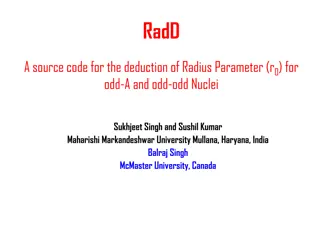Insights on Leading Change and Understanding Human Emotions in Information Organizations
Breaking through to lasting change in information organizations involves understanding threats, the importance of strategic thinking, and the interplay between reason and emotion. Leaders must develop strategies to navigate challenges effectively, recognizing the significance of human emotions in driving change.
Download Presentation

Please find below an Image/Link to download the presentation.
The content on the website is provided AS IS for your information and personal use only. It may not be sold, licensed, or shared on other websites without obtaining consent from the author.If you encounter any issues during the download, it is possible that the publisher has removed the file from their server.
You are allowed to download the files provided on this website for personal or commercial use, subject to the condition that they are used lawfully. All files are the property of their respective owners.
The content on the website is provided AS IS for your information and personal use only. It may not be sold, licensed, or shared on other websites without obtaining consent from the author.
E N D
Presentation Transcript
Of Human Bondage: Breaking Through to Lasting Change in Information Organizations Rajesh Singh Assistant Professor Division of Library and Information Science St. John s University singhr1@stjohns.edu
We May Know the Threats Plummeting reference queries Fewer books checked out Coexistence of ebooks and traditional books Corporate sponsorship for library programs The ongoing conflict between libraries and publishers Image of future librarians and libraries
Leading Change: The Odds are Stacked Against Us Over 70% of change efforts fail. Most important competency for a leader is the ability to develop strategy. Only 4% leaders are strategists (Horwath, 2009).
Leaders as Four Different Types of Strategic Thinkers (Horwath, 2009) Doesn t contribute any insight into the business Surface Thinking Offers tactical solutions that don t impact the business. Can produce strategic insights but needs a lot of support and collaboration in order to succeed. Leaders - Continually generating insights that transform the business.
UNDERSTANDING HUMAN EMOTIONS
Theres No Crying in Baseball! http://www.youtube.com/watch?v=6M8szlSa- 8o
Rider and Elephant Our Two Minds Rider = Our Rational Mind Elephant = Our Emotional Mind Logic, Planning, Analyzing Head Emotion, Energy, Drive Heart Our rider struggles to keep our elephant on the road long enough to reach the destination.
What are their needs? Rider: needs a clear, unambiguous path or may be paralyzed by indecision. Elephant: needs nurturing to fuel motivation and energy for change.
Which is More Important? Lack of stick-to-itiveness is usually because of the Elephant. Reason and emotion work together to create behavior, but emotion does most of the work.
Is it Resistance to Change or Exhaustion? Using self control or will power to change long- standing habits is exhausting!
Is it a People Problem or a Situational Problem? Sometimes the problem is the environment the surrounding cues discourage change.
Is it Resistance to Change, Lack of Clarity?
CASE STUDY OF A UNIVERSITY LIBRARY
Organization and Utilization of Electronic Resources Problem Needing to be Addressed: How to manage the burgeoning electronic resources that were replacing print journals and monographs. Solution Purchased EBSCO s electronic resource management system (ERM) New Problem Nobody wanted to learn it too overwhelming; didn t know where to start
New ERM: Shaping the Path Unsuccessful EBSCO ERM keep it or dump it? Staff agreed to keep it Formed a guiding team of 3 people for the ERM implementation process.
New ERM: Identify Bright Spots Visited another university library which implemented an EBSCO ERM Able to see a successful implementation Alleviated some of their major concerns and worries EBSCO s trainers trained the core team of 3 on multiple occasions
New ERM: Shrink the Change New Problem: Only trained on EBSCO publications! Needed to accommodate many other vendors (Oxford University Press, Proquest, etc.) Decided to learn one vendor at a time to shrink the change.
New ERM: After 2 years success! During the process, they held weekly meetings regularly with all the units involved (Acquisitions, Serials, ILL, etc) These meetings became a new habit for the staff, and helped further understanding of their unique issues and how they fit into the big picture. The transition to full implementation of EBSCO ERM took two years.
We Need a Framework for Change As outlined in Switch, we need to: Direct the Rider Motivate the Elephant Shape the Path
Direct the Rider Find the bright spots Script the critical moves Find out what s working and how you can do more of it. Point to the destination
Motivate the Elephant Put feelings first Shrink the change Grow your people
Shape the Path Tweak the Environment Build habits Rally the herd
Harness the Heart Help people see the problems and solutions in ways that influence their emotions, and you will harness their hearts and energy to pave the way to real, lasting change.
